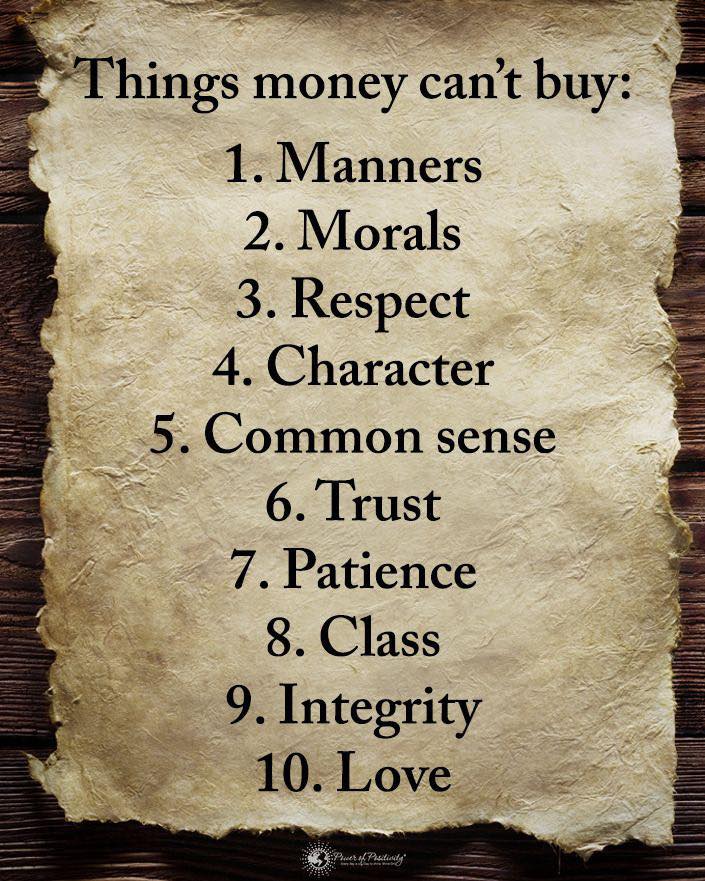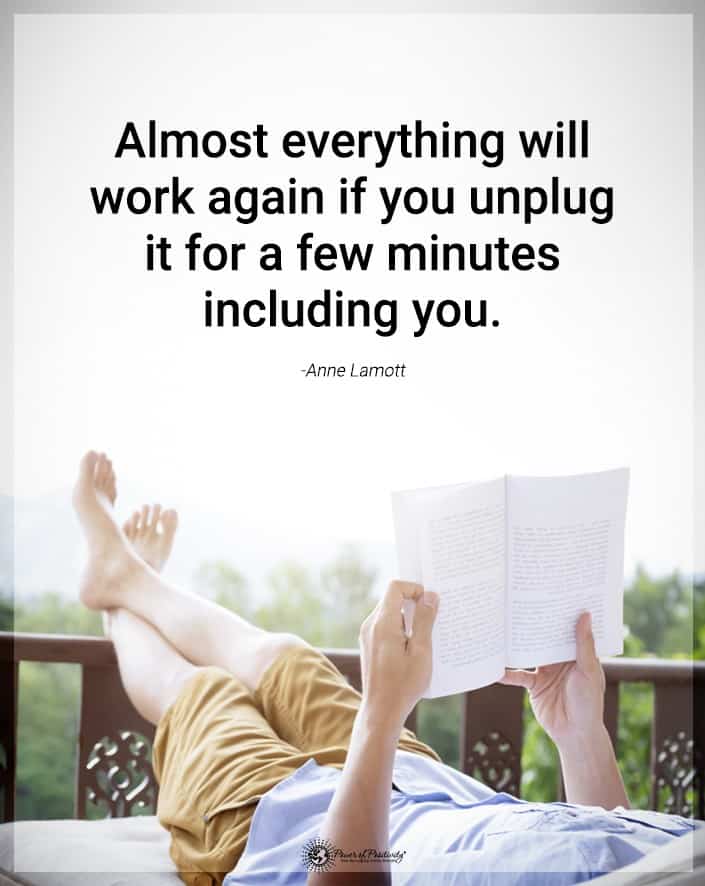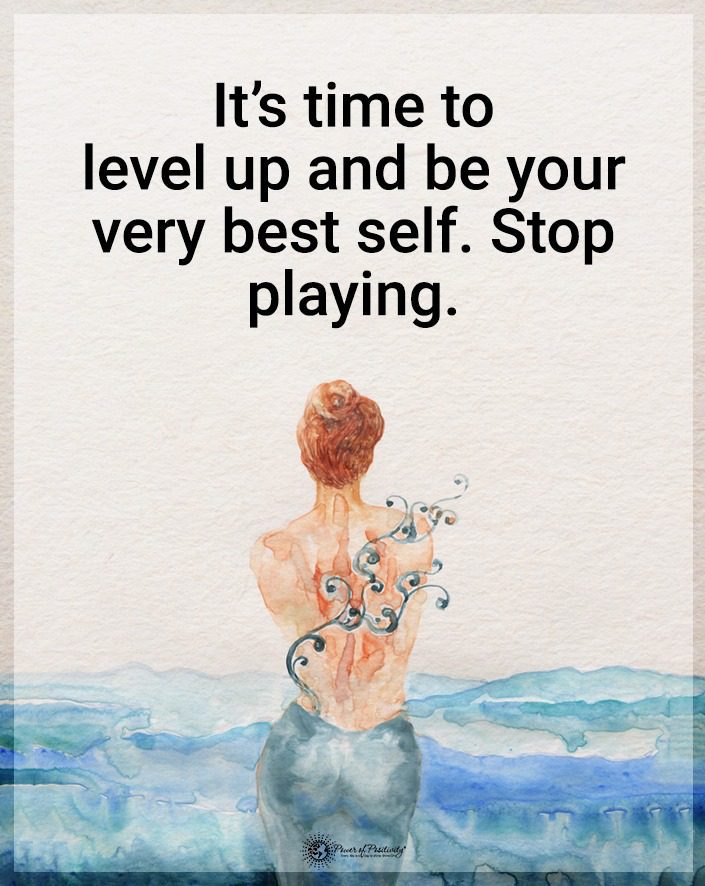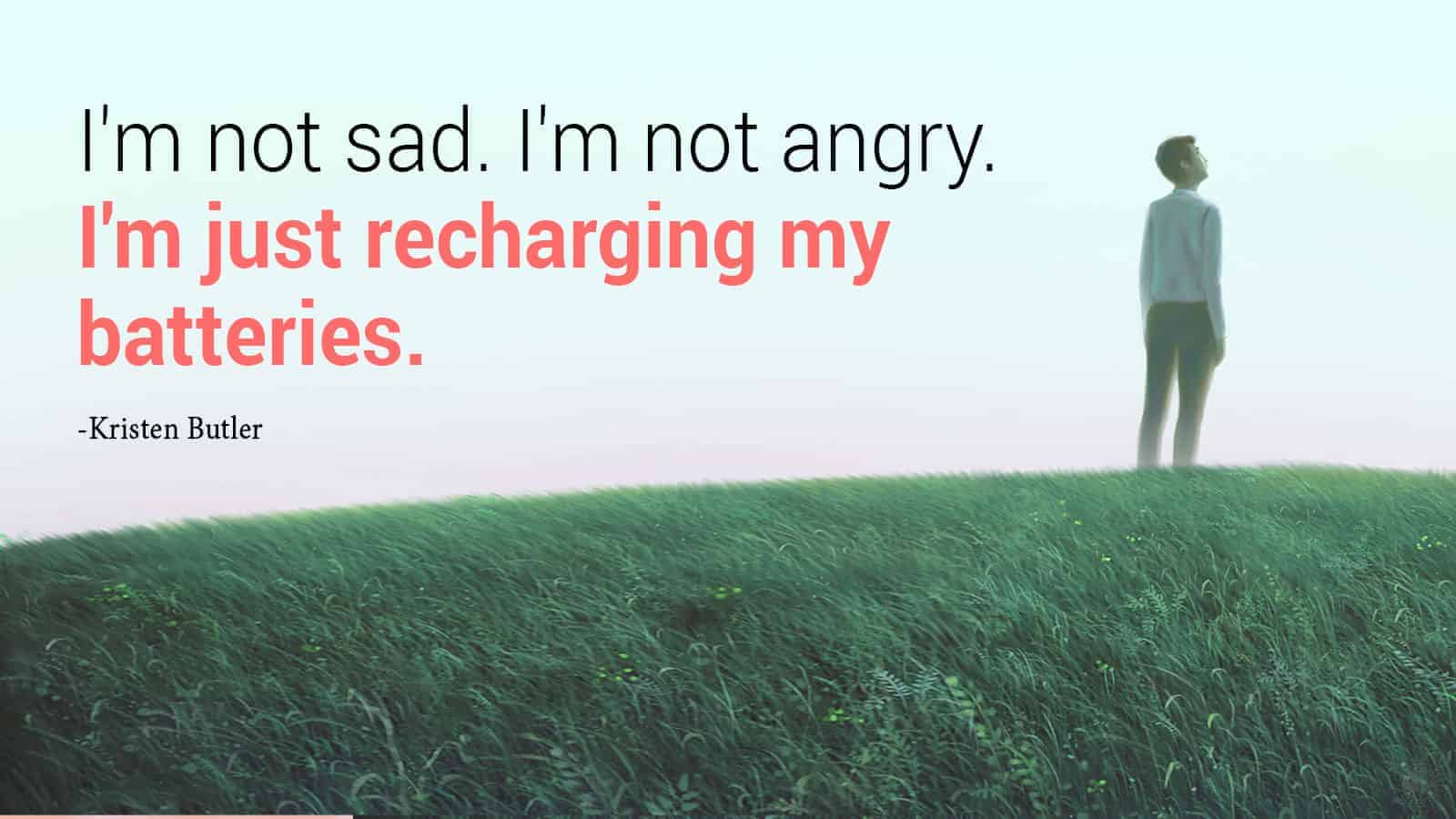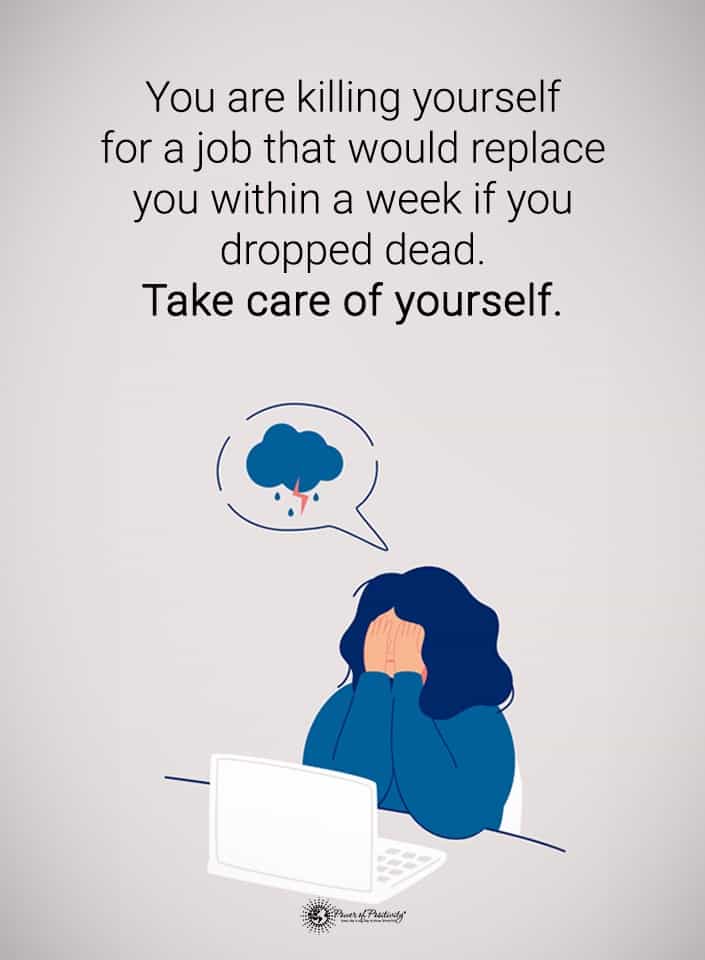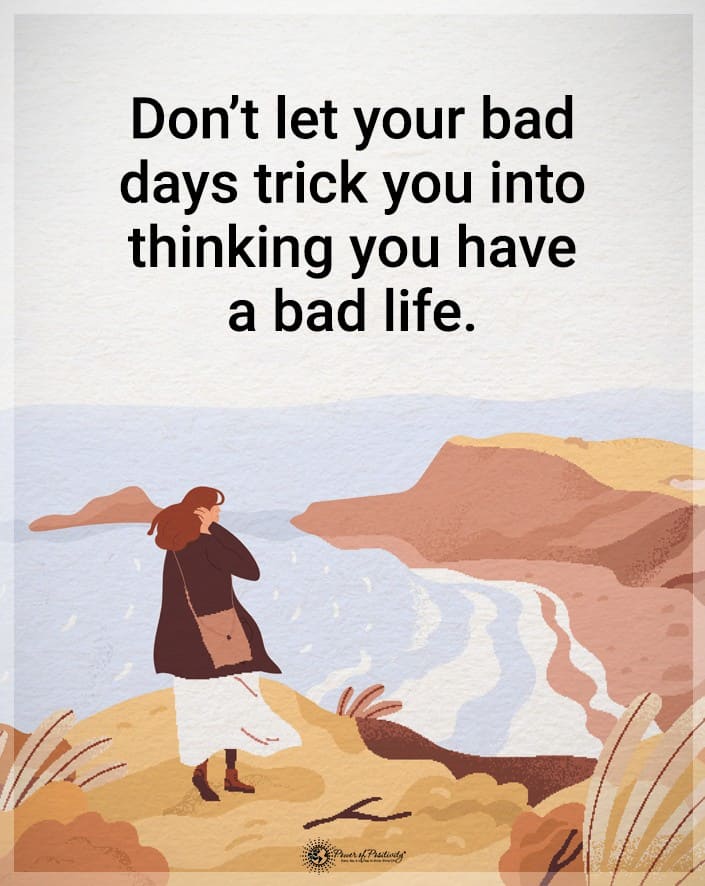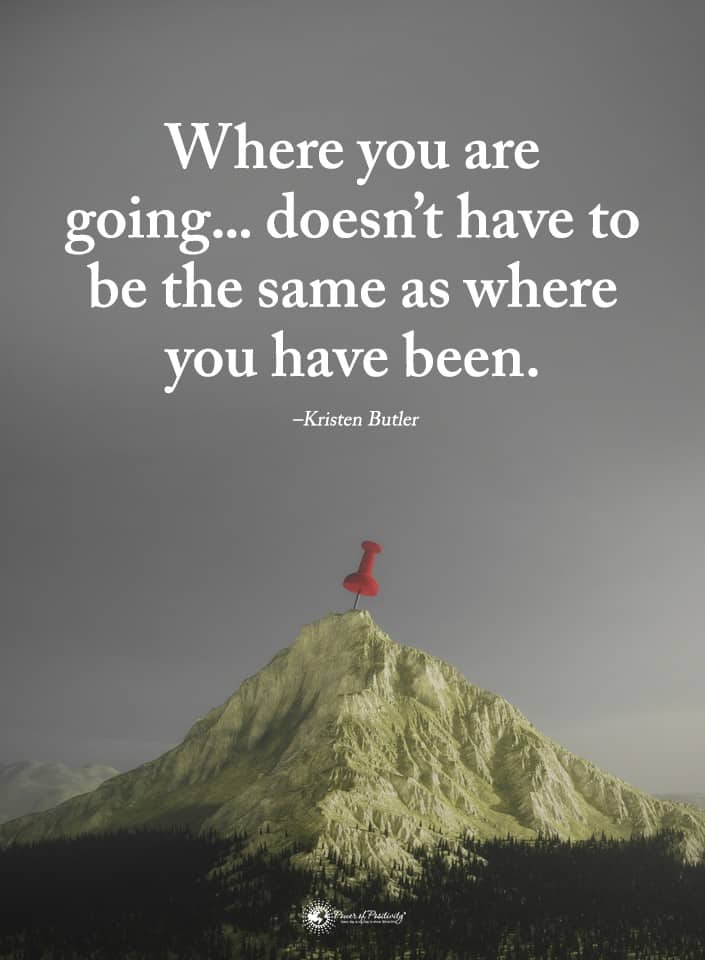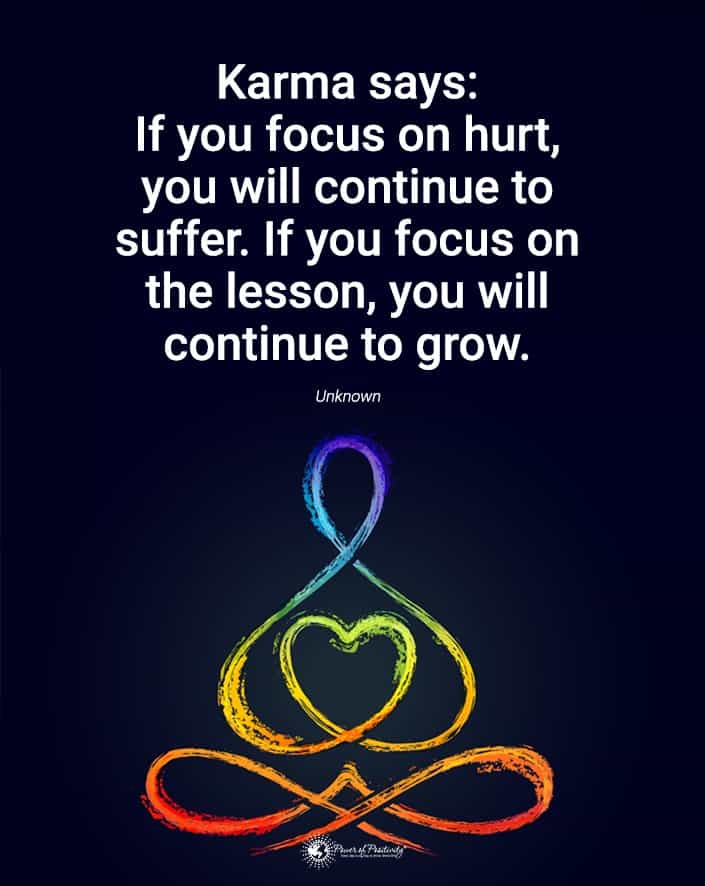Do you often procrastinate? Are you always putting things off until the last minute? Do you feel stifled by poor time management? Are there many things you need to do – so much so that you feel rushed and overwhelmed and don’t do any of them?
Putting things off this way can damage your career, health, and life experiences. You might think that it doesn’t matter as long as you get them done in the end, but it does! Here are six reasons why putting things off only makes life more complicated – and how to fix it!
Six Reasons Why Putting Things Off Only Makes Life More Difficult
Consider these six reasons why you should stop procrastinating.
1. Putting Things Off Ruins Productivity
Few people who put things off all the time are just putting off one task. Usually, multiple items get built up, further adding to their ever-growing to-do list. This cycle ruins productivity completely and even decreases your energy for the task, say the experts.
Indeed, some people work better under pressure. But someone with a habit of putting things off isn’t just working under pressure – they’re multitasking, avoiding, and delaying things under pressure. All of that combines into an amalgamation of chaos that zaps productivity and progress!
2. You Could Be Misestimating Difficulty
Putting things off can only produce better-than-negative results if you accurately know how much time you need for the task. But until you get started, you won’t know how tough it is, and that false estimation can cause a lot of time management problems. Here are some ways you might be misestimating and how that affects your procrastination:
· Underestimating
You may think it’s a task you can do last-minute since it’s so easy in appearance. But when you begin, you find that it’s way more complicated than you initially expected! This surprise means the quality of the work will be even worse, and you may not even be able to complete the task.
· Overestimating
It’s easy to get overwhelmed when something seems very difficult. This could trigger your desire to start putting things off. But you could be overestimating how challenging that task is! If you just got started, you may realize that there’s no reason to procrastinate.
· Not Learning To Estimate At All
The fact is that all overwhelming things become progressively less overwhelming when you stop avoiding them. A task that seems impossible will become more and more manageable the longer you spend performing it. If you only ever put things off, you’ll never learn from that positive feeling of whittling something down.
3. There’s No Time For Relaxation
Those who are constantly putting things off never give themselves time for rest and fun. You’re also caught up thinking about the things you should be doing. Even when you’re procrastinating so you can have fun first, the knowledge of what you have to do looms in the back of your mind. It’s sure to kill any enjoyment and add to stress!
Putting things off means focusing on instant gratification even when the long-term effects are worse. Instead of toughing it out quickly for big rewards, you suffer for longer for a small, barely-there benefit. And when you’re finally done with whatever you’ve put off, you then have new things to do. The cycle repeats itself because you’re tired now and want to avoid the new task even more!
4. Putting Things Off Never Produces The Best Results
Some people can procrastinate and still have satisfactory or even good results. But the fact remains that putting things off always means you’re forfeiting the very best results you could have achieved. This is because:
· Rushed Work Is Subpar Work
When you’re rushing, you get sloppy. You make more mistakes and don’t have time to properly review and check over your work. You can’t ever really be proud of the results of something rushed. Instead, you feel merely relieved that it came out okay. And that’s not a good benchmark to set! No one works well under intense time pressure.
· Putting Things Off Might Lead You to Making Bad Decisions
Putting things off means, you don’t have time to properly think about that and update your thoughts as you go. As such, you make questionable decisions that can affect the result of your task.
· You Don’t Have Time To Polish Things When Putting Things Off
Having a little bit of extra time to review and sharpen your work can work wonders. If all you want to do is complete a task at a bare minimum, sure, you can try rushing them at the last minute. But if you want to stand out among a crowd of others doing similar work, you need time to apply some polish!
5. The Unexpected Can Occur
Putting things off until the last minute means you have zero time to make necessary changes and adaptations. Any unexpected event can occur that throws a wrench in your attempts to get things done.
These can be adverse events, such as a sudden emergency, a forgotten issue that comes cropping up, or even getting stuck in traffic for too long. But these can be positive events, too, such as getting the good news that distracts you or making new research discoveries. Regardless, the bottom line is that you want to have time and space for potential unintended events. You need to make room for these possibilities!
6. Putting Things Off Can Damage Your Health
Putting things off is a habit. The more you do it, the more you’ll keep doing it – and then the more there will be for you to do! It’s a vicious cycle, and it has numerous damaging effects. Worst of all, though, is the fact that procrastination of this kind can damage your health. According to research, it does so because:

· It Creates Stress and Anxiety
It’s obvious how putting things off can affect your mental health. You’ll get more stressed out the more stuff you have sitting on the backburner. You’ll be more anxious when you know you’re running short on time to complete things. And when you do get them done, you’ll have cut it so close that you don’t have the chance to bask in the relaxing rewards. That’s not good for anyone’s well-being!
· It Increases Cardiovascular Disease Risk
Individuals who procrastinate have a higher risk of developing various cardiovascular diseases. This is due to increased blood pressure from various forms of stress. Putting things off can also predispose you to further difficulties in adapting to life with these types of diseases, worsening mortality.
· Putting Things Off Stops You From Seeking Help
When you notice a health-related issue, you need to speak to a medical professional about it. But if you’re constantly putting things off, nothing will stop you from doing the same with your health! You’ll be more likely to brush off various issues, which can exacerbate health problems to worrying levels.
Other research into procrastination and health is still ongoing, but experts believe that putting things off also:
- Increases digestive issues
- Causes insomnia
- Worsens headaches and headache frequency
- Damages immunity and heightens illness risk
- Worsens various mental conditions
How To Fix Your Habit of Putting Things Off In 3 Effective Ways
1. Set Goals
Studies show that setting goals can increase performance. If you’re trying to stop putting things off, try to set goals that can help push your progress forward. To do so:
· Visualize Action
Having a clear picture of what you want to accomplish and how you want to do so is enormous when setting goals. It allows you to have a defined game plan and desire that’s easy to follow and map your way through. If you put things off because you feel you lack direction, this can already solve that problem!
· Set A Realistic, Measurable Plan
When setting goals for productivity, make sure they’re realistic and reasonable. You should also be able to measure your progress as you go and check in with yourself with ease.
· Optimize and Expand
Once you get into the swing of setting goals and following them, reflect on your progress. See what goals need to be changed or better adapted to suit your needs and expand on each one. You’ll soon have the perfect plan for yourself!
2. Manage Distractions That Cause Putting Things Off
What things distract you most when you’re trying to get things done? These tools help you put things off time and time again. They might be the following:
- Social media
- Games or hobbies
- Shopping
- Chores and errands
These things can be better managed to fit into your schedule. You can use software or apps that prevent you from going on specific sites and social media platforms. You can delegate more significant tasks to those who can help you or share your responsibilities. If needed, you can even completely block out time on your schedule dedicated explicitly to things you tend to put off!
3. Be Kind To Yourself
The reason that so many people keep putting things off is often rooted in more profound issues. You avoid performing tasks because you’re afraid you can’t do them well. You fear failure or inadequacy, so you try not to engage with things that worsen those feelings. Being kind to yourself can show you that you don’t need to avoid tasks! Here are some tips for that:
· Don’t Demand Perfection
Perfection is impossible to achieve, and you shouldn’t be aiming for such unrealistic, lofty goals! Getting things done with flaws is better than not doing them at all. View your mistakes and errors in your tasks as a chance to learn and grow!
· Celebrate And Reward Progress
Each step you take towards productivity is a reason to pat yourself on the back. Each goal you meet is a reason to reward yourself with something fun, enjoyable, or wanted. These types of rewards help to keep you motivated for plans and allow you to acknowledge your positive steps forward!
· Start Your Day With Self-Care
If you often put other people’s desires above yours, try changing up your routine. Every morning, start your day with something that makes you feel good. Train yourself to love, appreciate, and value me-time and self-care for long-term productivity improvements!
Final Thoughts On Ways To Stop Putting Things Off To Make Life Easy
Putting things off certainly makes life more difficult! By learning how to fix that habit, you’ll be able to enjoy more free time, better peace of mind, improved health, and improved performance.


